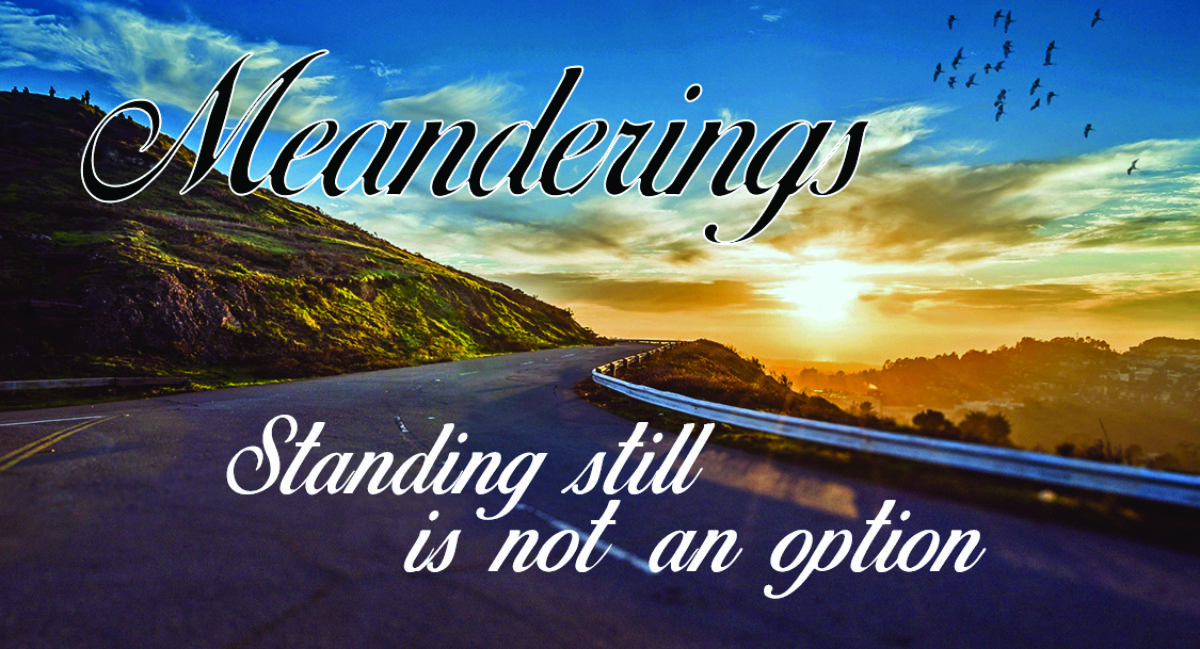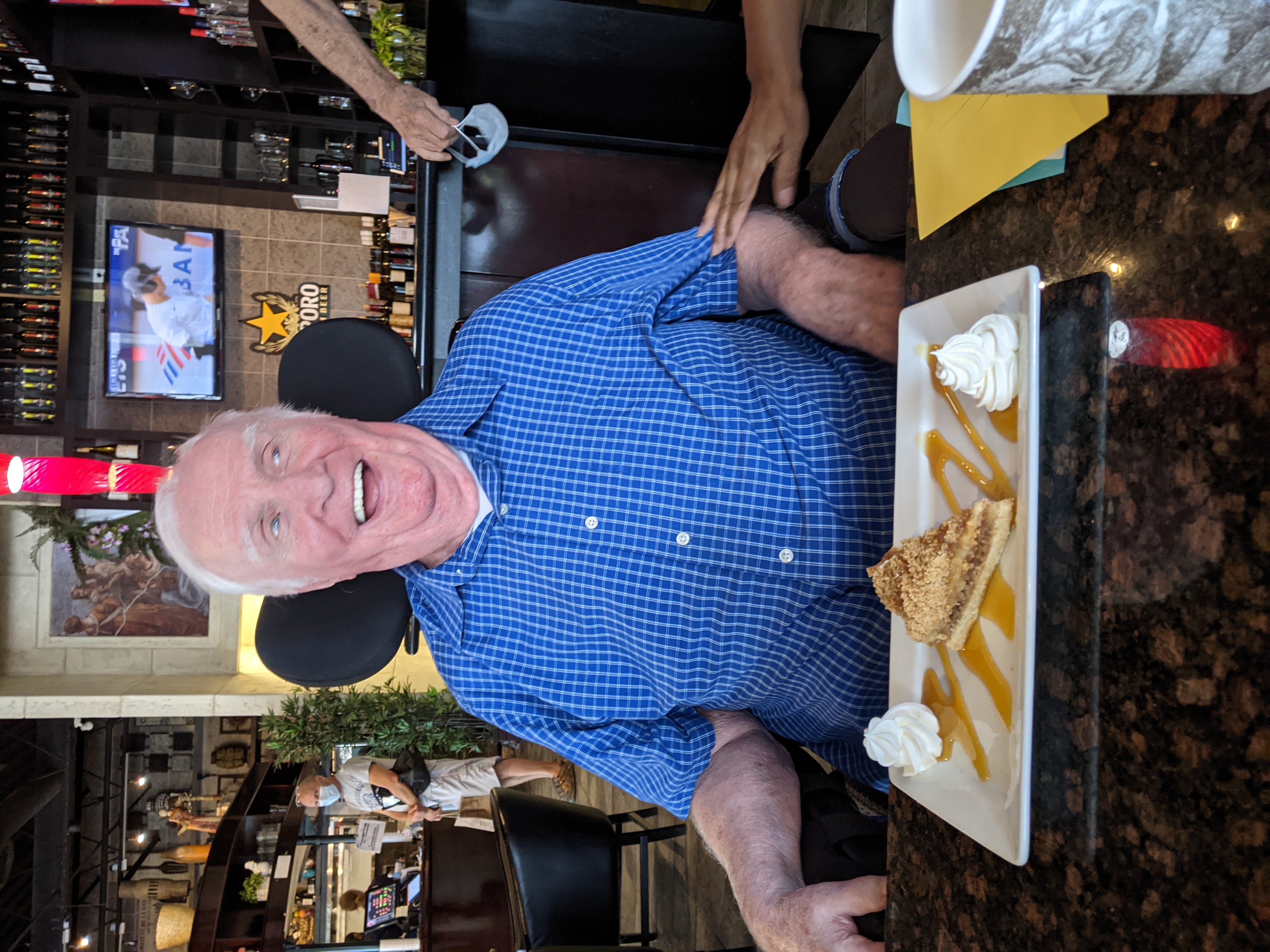I sit at the table. My Bert’s spot is empty. I have arrived early as today it is only screening and sign in to do before I go to my Bert. If it was a Covid rapid test day my journey from the entrance to my Bert would be 20 minutes instead of five.. He will come out very soon, I know.
In the meantime I look out and see the empty patio of the restaurant across the street. The OPEN sign blinks but it appears closed, desolate, and empty.
An ambulance drives by. No siren, no lights.
A truck rumbles by and cars come around the bend, some much too fast. My Bert loves to watch the movement on the street. Sometimes we play a game. I tell him I will count how many red or black or grey cars pass by. He will guess a number and I will guess another. He is delighted when he wins the game of course. He seems to win a lot.
My eyes drift downwards and see mounds of dirty snow. It is very cold and underneath the soiled snow is ice. It has been cold for a few days now. A few pieces of debris that escaped the plows are frozen in what was once soft powdery clean snow.
A woman walks her dog. Both are high stepping with an unaccustomed gait as they try to avoid the slippery icy clumps in the pathway. The recently cleared sidewalk is full of treacherous spots covered by blowing snow. I want to shout: “Watch out. There is ice underneath.”
My eyes move closer to our side of the street. Looking down I notice our patio is a jigsaw puzzle of ice, snow, browned grass where visible, skeletal trees and a still life of a Muskoka-like chair overturned and lying on its side. The storm had brought not only snow but also high winds.
The large gazebo looks forlorn. The roof is partially covered with snow. It is cold so the pattern is haphazard frozen in place by the final gust, and soon there will be no pattern if the weather forecast holds true. There will be a white shroud covering that roof.
The smaller gazebo still has two chairs inside. They are weather proof but I have learned to distrust the hype of weather proof furniture. Will they survive to support residents or visiting caregivers through spring and summer and fall?
I long for spring. I long to be outside with my Bert, talking with other caregivers, sharing experiences, greeting each other and bonding in new friendships made possible by a terrible disease that holds our loved ones in its thrall. I am in a dark mood. I want to see the naked trees begin to dress themselves in foliage that spans the green spectrum. A sigh escapes.
I hear before I see.
“Hey, Mr. Bert, look who’s here?”
I turn. The wheelchair is silent and makes a noise only when it bumps the table as he is put in his spot.
“Hi, sweetheart. How you doing?”
My Bert looks up. He smiles. He gives a thumbs up.
“OK. That is good.” We both smile.
My once garrulous Bert is not talking much now. Yet he does talk.
He looks out his window and a flock of birds rise into the air.
“Look,” he says, “the birds up in the sky.”
I look up and see the sky, the birds, and their winged flight soaring high above.
I look at my Bert and he is smiling, taking pleasure in the simple flight of the birds. He sees the movement that tells him there are birds. His sight has deteriorated because of macular degeneration. Yet, he still sees.
I notice the smile remains in place. He is content. I arrange my face to match his. I have to be positive. We begin the game.
The Meander: Moving from the Doldrums to contentment takes effort. I may find myself back in the Doldrums as soon as I depart. But for now I will enter into my Bert’s world.

